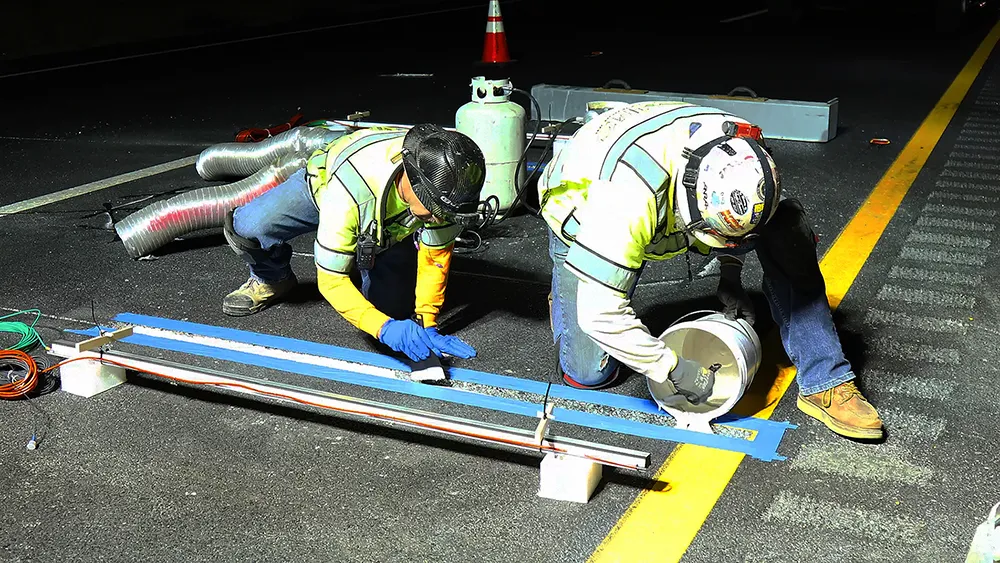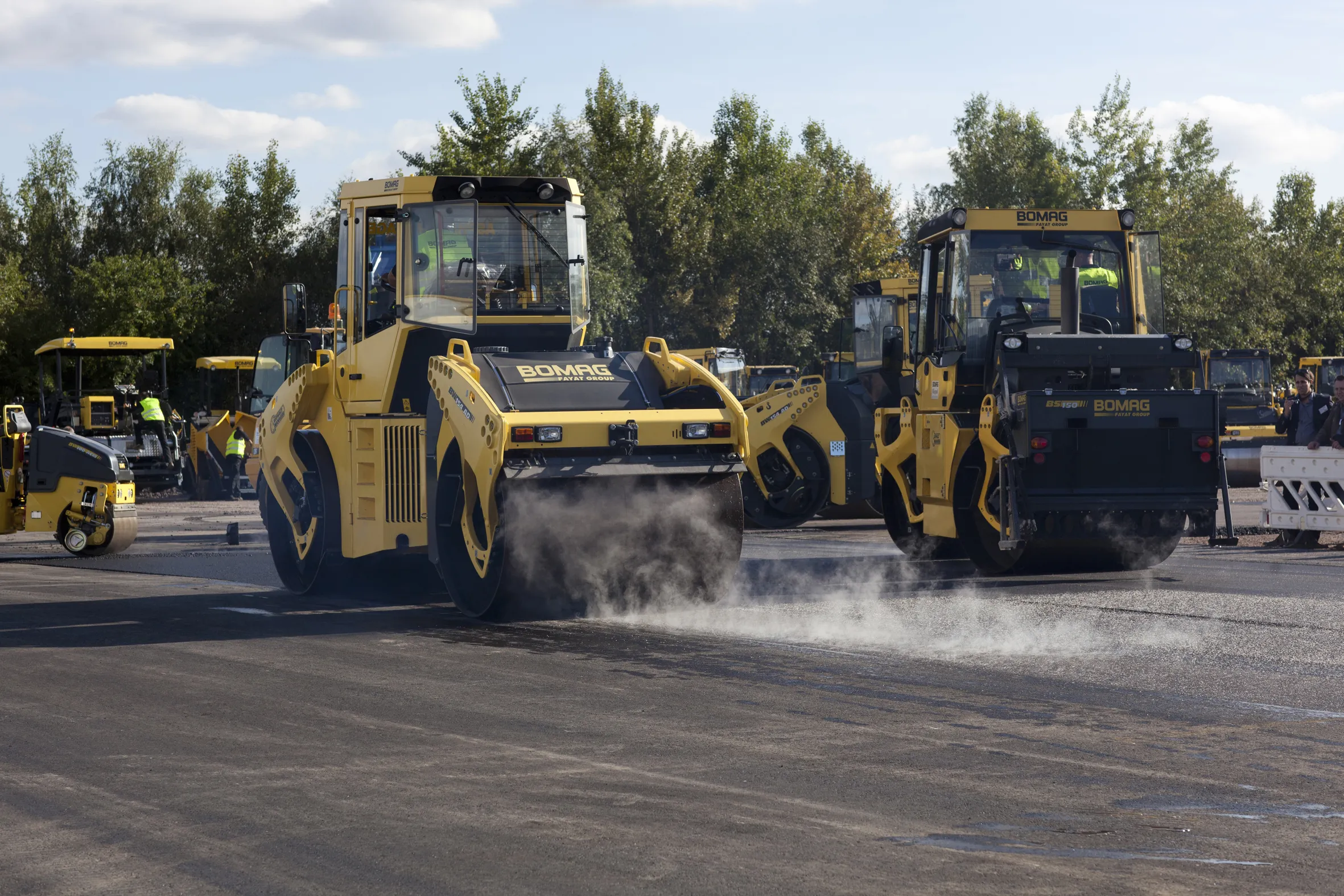WheelRight claims to have scored an industry first by achieving accreditation from the National Measurement Office (NMO) for its innovative technology to the globally recognised Weigh in Motion standard OIML R134.
The claimed groundbreaking R134 certification provides users with independent verification of the consistent performance of WheelRight’s drive-over solution. The firm’s solution enables transport companies, highway management firms and port authorities to check axle weights and tyre pressures wi
November 20, 2014
Read time: 2 mins

WheelRight claims to have scored an industry first by achieving accreditation from the National Measurement Office (NMO) for its innovative technology to the globally recognised Weigh in Motion standard OIML R134.
The claimed groundbreaking R134 certification provides users with independent verification of the consistent performance of7927 WheelRight’s drive-over solution. The firm’s solution enables transport companies, highway management firms and port authorities to check axle weights and tyre pressures within seconds, with no need for on-vehicle devices or time-consuming manual intervention. This is said by WheelRight to be the first time the globally recognised Organisation Internationale de Métrologie Légale (OIML) has granted accreditation for a weigh-in-motion system that also incorporates tyre pressure monitoring in a single product.
The WheelRight solution comprises a sensory pad that is embedded into the road, at a point where vehicles enter or leave a facility. There is no need to have sensors on the vehicle and as a vehicle drives over it, ‘in-motion’ measurements of weight and axle load, as well as vehicle tyre pressures and temperatures, are acquired and analysed. Within seconds, readings are emailed to the depot and optionally, delivered to the driver’s mobile phone. In order to gain the R134 accreditation, WheelRight’s technology had to undergo a series of rigorous laboratory and practical tests over time to prove the accuracy and consistency of the product. John Catling, chief executive of WheelRight, said, “We are delighted to have received this accreditation and we now have the only accredited WiM device that also offers tyre pressure-in-motion (PiM). This certification will enable any organisation concerned with monitoring tyre pressures and weigh-in-motion, to remotely monitor vehicles with a single, accredited and proven system. We believe our service sets new technology standards for the in-motion tyre and weight monitoring sector.”
The claimed groundbreaking R134 certification provides users with independent verification of the consistent performance of
The WheelRight solution comprises a sensory pad that is embedded into the road, at a point where vehicles enter or leave a facility. There is no need to have sensors on the vehicle and as a vehicle drives over it, ‘in-motion’ measurements of weight and axle load, as well as vehicle tyre pressures and temperatures, are acquired and analysed. Within seconds, readings are emailed to the depot and optionally, delivered to the driver’s mobile phone. In order to gain the R134 accreditation, WheelRight’s technology had to undergo a series of rigorous laboratory and practical tests over time to prove the accuracy and consistency of the product. John Catling, chief executive of WheelRight, said, “We are delighted to have received this accreditation and we now have the only accredited WiM device that also offers tyre pressure-in-motion (PiM). This certification will enable any organisation concerned with monitoring tyre pressures and weigh-in-motion, to remotely monitor vehicles with a single, accredited and proven system. We believe our service sets new technology standards for the in-motion tyre and weight monitoring sector.”









